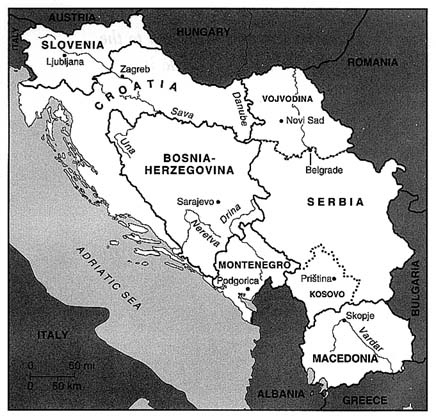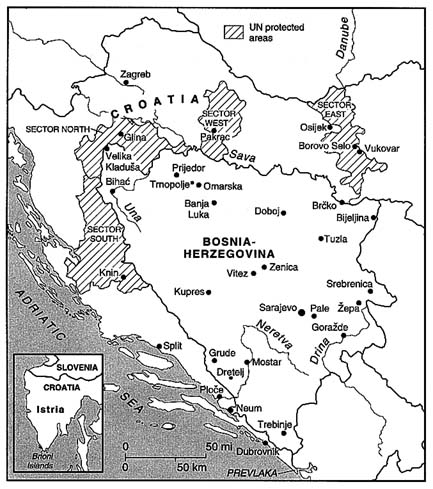| Few issues of foreign policy and world order in our time have evoked as much division, emotion, and disillusionment as the war in Bosnia-Herzegovina. Although major powers considered the conflict of little strategic consequence, their inability to prevent the violence, reverse its course, or resolve the crisis was widely judged a failure of Western leadership and corroded the credibility of regional and international institutions. These international institutions, and many domestic institutions in Europe, had been created after World War II precisely to prevent the repetition of such developments in Europe. Even the successes that were claimed for international intervention, of containment and humanitarian relief, were under constant threat of reversal with a new round of fighting that could escalate and spread. |
| In this book, Susan L. Woodward, senior fellow in the Brookings Foreign Policy Studies program, argues that the failure arose from a lack of understanding of the causes of the conflict, and the application of cold war thinking and instruments that were not appropriate to the case. Although many books have attempted to bring the plight of Bosnia and the fall of Yugoslavia to the attention of the outside world, this is one of the few that attempts to analyze the causes of these events and that weaves into the story of decline and war the influence of the international environment and outside actors. |
| The significance of the Yugoslav case cannot be underestimated as an early warning of other such conflicts currently brewing. The collapse of political orders under international pressures, economic austerity, and policies of economic reform and liberalization during the 1980s has led in many parts of the world to a massive upheaval. The stabilizing social, economic, and political mechanisms that countries used over the past fifty years are often proving inadequate to new circumstances. Dealing with each instance as a separate case disguises the common elements and the need for a collective response. |
This book grows out of the decades of gracious hospitality, scholarly exchange, and open encounters with strangers for which the former Yugoslavia was at one time justly famous. Two visits by the author were particularly helpful in sensing the change, in July 1991 to Belgrade and Zagreb, and in early February 1992 to Belgrade and Sarajevo. The author would like to give particular thanks to friends and colleagues who shared their efforts to come to terms with events after the mid-1980s and in 199093especially Silva Me nari nari , Vasil Tupurkovski, Vladimir Gligorov, Milorad Pupovac, Vesna Pei , Vasil Tupurkovski, Vladimir Gligorov, Milorad Pupovac, Vesna Pei , Vesna Pusi , Vesna Pusi , Radmila Nakarada, Zdravko Grebo, Kemal Kurspahi , Radmila Nakarada, Zdravko Grebo, Kemal Kurspahi , Mia Tomi , Mia Tomi i i , and Tomislav Jaki , and Tomislav Jaki . She feels unusually fortunate to have benefited from the knowledge of Obrad Kesic, Julie Mostov, Herbert S. Okun, Dennison Rusinow, Paul Shoup, Misha Glenny, and Arthur Keys; and from the advice and support of three colleagues at Brookingsthe late Ed Hewett, Catherine Kelleher, and William Quandtand from Claire Fudrain, Gail Kligman, Martha Lampland, Sarah Lampland, Celia Morris, David Binder, Mario Blejer, and C. Vann Woodward. Special thanks to go John Steinbruner, who suggested the study, supported its travails, and carefully read drafts of the manuscript. . She feels unusually fortunate to have benefited from the knowledge of Obrad Kesic, Julie Mostov, Herbert S. Okun, Dennison Rusinow, Paul Shoup, Misha Glenny, and Arthur Keys; and from the advice and support of three colleagues at Brookingsthe late Ed Hewett, Catherine Kelleher, and William Quandtand from Claire Fudrain, Gail Kligman, Martha Lampland, Sarah Lampland, Celia Morris, David Binder, Mario Blejer, and C. Vann Woodward. Special thanks to go John Steinbruner, who suggested the study, supported its travails, and carefully read drafts of the manuscript. |
| Although the manuscript was fully drafted before the author took up the offer of Yasushi Akashi, special representative of the UN Secretary General for former Yugoslavia, to create an analysis and assessment unit for the UN Protection Forces at its headquarters in Zagreb, Croatia, its revision benefited immeasurably from that experience over seven and one-half months. She wishes to express here her deep gratitude to those who taught her so much in that difficult operation, particularly Yasushi Akashi, John Almstrom, Yelena Guskova, Andreas Corti, Nicholas Morris, Lt. General Bertrand de la Presle, Kai Eide, Maj. General John Archer MacInnis, Shashi Tharoor, Aracelly Santana, Slava Guerrasev, Charles McLeod, Lt. Col. Jan-Dirk van Merveldt, Lt. Col. Kent Koebke, Major Brad Smith, Lt. Col. Mark Raebun, Laura Vaccari, and Michael Williams. |
| At Brookings, research assistance was provided by Daniel Turner and Ian Campbell, assisted by interns Irene Schmid and Ellen Ginzbursky. The wide range of tasks performed with skill by the author's staff assistant, Stacey Seaman, who also typed the final manuscript, deserves special notice. Nancy Campbell and Deborah Styles edited the manuscript, and Andrew Solomon, with Diane Chido, Michael Levin, and Alexander Ratz, verified its factual content. Norman Turpin arranged for the maps, Susan Woollen prepared the manuscript for typesetting and made arrangements for the cover, Ellen Garschick proofread the manuscript, and Julia Petrakis prepared the index. |
| Brookings gratefully acknowledges the financial support provided for this book by The Carnegie Corporation of New York and The John D. and Catherine T. MacArthur Foundation. |
|

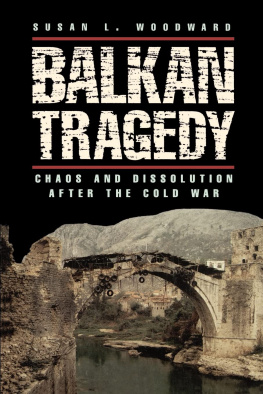


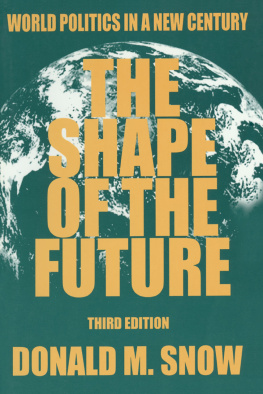
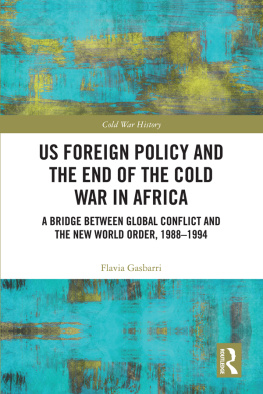
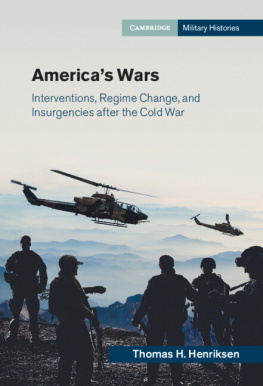
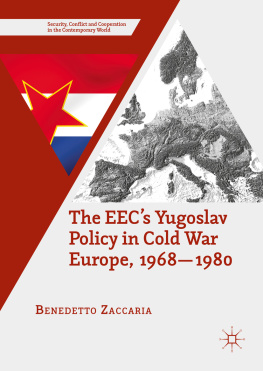
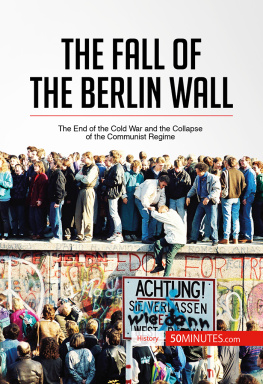
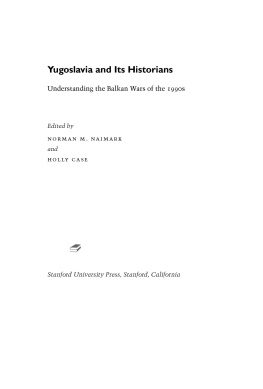

 nari
nari , Vasil Tupurkovski, Vladimir Gligorov, Milorad Pupovac, Vesna Pei
, Vasil Tupurkovski, Vladimir Gligorov, Milorad Pupovac, Vesna Pei i
i
